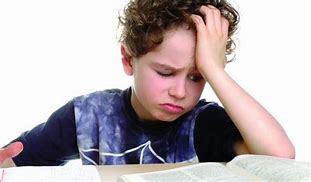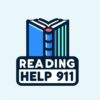
Parent-teacher conferences provide valuable opportunities to gain insights into your child’s academic progress and identify areas where they may need additional support. Asking the right questions during these conferences can help you better understand your child’s skills and determine areas that require improvement. Here are some key questions to consider asking:
-
How is my child progressing in reading skills? This broad question allows the teacher to provide an overview of your child’s reading abilities. Follow up by asking about specific aspects, such as decoding, fluency, comprehension, and vocabulary. Understanding their strengths and weaknesses in these areas will guide you in supporting their reading development at home.
-
What strategies are being used in the classroom to improve reading skills? Inquire about the instructional methods and strategies employed by the teacher to enhance your child’s reading abilities. This will help you align your efforts at home with the techniques being used in the classroom, creating a collaborative approach to support their growth.
-
How can I support my child’s reading development at home? Ask the teacher for suggestions and resources to help your child improve their reading skills outside of school. They may recommend specific reading materials, websites, or activities that are beneficial for reinforcing reading comprehension, vocabulary expansion, or other critical skills.
-
Are there any specific reading skills my child needs to work on? Seek clarification on specific reading skills or areas where your child may be struggling. This could involve identifying challenges with phonics, sight words, inferencing, or any other reading sub-skills. Understanding these areas will enable you to focus on targeted interventions or seek additional support, such as tutoring, if necessary.
-
How can I monitor my child’s progress in reading throughout the school year? Discuss with the teacher the best ways to stay informed about your child’s ongoing progress in reading. Inquire about assessment methods used in the classroom, and ask how you can actively monitor their growth at home. This will ensure that you can track their improvement and intervene if needed.
-
Are there any reading programs or resources you recommend? Ask the teacher if there are any recommended reading programs, websites, or apps that can supplement your child’s learning at home. They may be aware of valuable resources that align with the curriculum and can provide additional practice and reinforcement for specific reading skills.
Parent-teacher conferences are collaborative opportunities to work together in supporting your child’s academic growth. By asking these questions, you can gain valuable insights into your child’s reading skills and identify areas that require improvement. With this knowledge, you can create a supportive environment both at school and at home, setting your child up for success in their reading journey.



